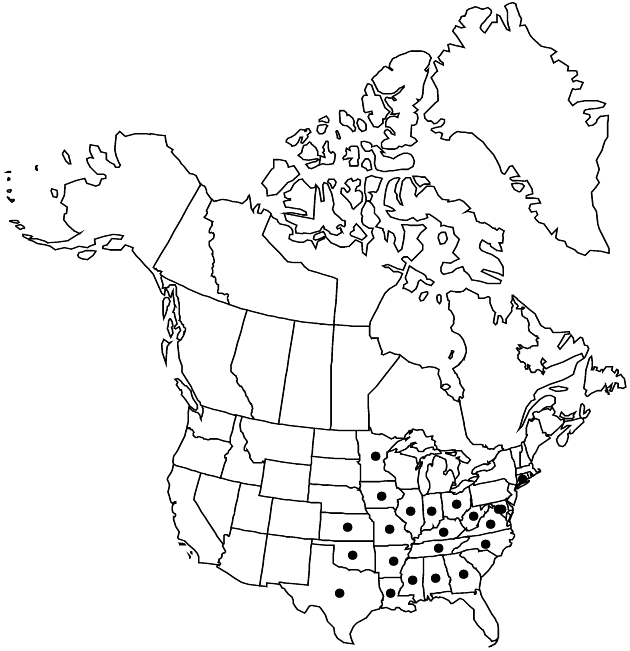Difference between revisions of "Ambrosia bidentata"
Fl. Bor.-Amer. 2: 182. 1803.
FNA>Volume Importer |
FNA>Volume Importer |
||
| Line 46: | Line 46: | ||
|publication year=1803 | |publication year=1803 | ||
|special status= | |special status= | ||
| − | |source xml=https://jpend@bitbucket.org/aafc-mbb/fna-data-curation.git/src/ | + | |source xml=https://jpend@bitbucket.org/aafc-mbb/fna-data-curation.git/src/f50eec43f223ca0e34566be0b046453a0960e173/coarse_grained_fna_xml/V19-20-21/V21_14.xml |
|tribe=Asteraceae tribe Heliantheae | |tribe=Asteraceae tribe Heliantheae | ||
|subtribe=Asteraceae (tribe Heliantheae) subtribe Ambrosiinae | |subtribe=Asteraceae (tribe Heliantheae) subtribe Ambrosiinae | ||
Revision as of 20:35, 16 December 2019
Annuals, 10–30(–100+) cm. Stems erect. Leaves mostly opposite; petioles 0–0.5 mm; blades ± lanceolate to lance-linear, 15–40+ × 3–6(–10+) mm, bases rounded to cordate, margins entire or with (1–)2(–4) basal lobes, abaxial and adaxial faces ± piloso-hispid and gland-dotted. Pistillate heads clustered, proximal to staminates; florets 1. Staminate heads: peduncles 0–0.5 mm; involucres obliquely cup-shaped (lateral lobe longer than others), 2.5–4 mm diam., piloso-hispid; florets 6–8+. Burs: bodies pyramidal, 5–8 mm, piloso-hispid, spines 4(–5), ± distal, ± acerose, 0.5–1 mm, tips straight.
Phenology: Flowering Jul–Oct.
Habitat: Dry, disturbed sites
Elevation: 200–500 m
Distribution

Ala., Ark., Conn., D.C., Ga., Ill., Ind., Iowa, Kans., Ky., La., Md., Minn., Miss., Mo., N.C., Ohio, Okla., Tenn., Tex., Va., W.Va.
Discussion
Hybrids between Ambrosia bidentata and A. trifida have been recorded.
Selected References
None.